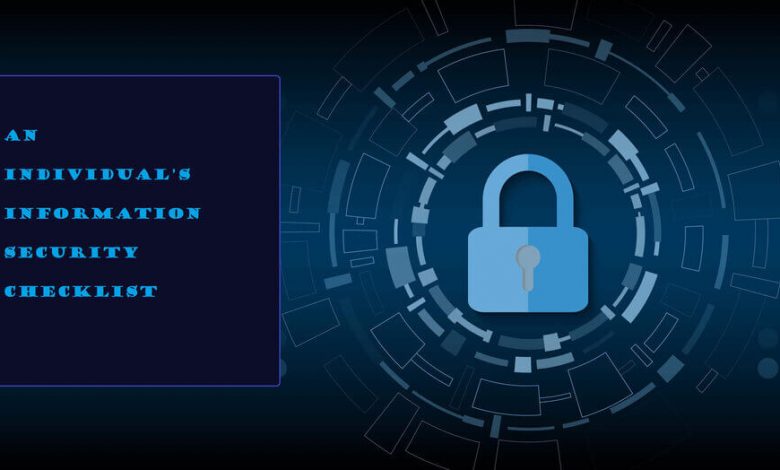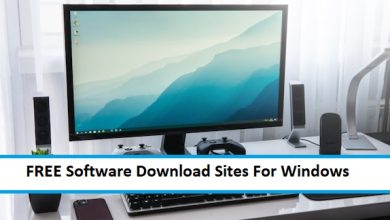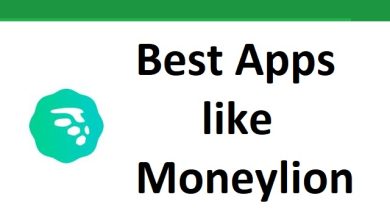An Individual’s Information Security Checklist

Information security refers to tools and processes that are designed to secure data and sensitive information from disruption, destruction, modification, and inspection.
Although technological protectors like firewalls, antivirus software, and spam filters, etc. are essential, none of these measures prove to be effective just by themselves. The end-user needs to be watchful to protect their data and systems. Here’s a security checklist compiled together for better implementation of security and information retention.
You should consider data security when transferring a file: FileWhopper is an online file sharing service that applies zero-knowledge encryption, which means that no one but you and your recipient can decrypt your file.
Track your data
To protect one’s information online, it is crucial to exercise control over where your data goes and where it resides. Understand where your data is ultimately going to be stored, is it backed up on online servers like iCloud, DropBox, Google Drive, Microsoft OneDrive, etc.? or are you utilizing online document services such as Google Docs, Microsoft Office 365? Most of us do! What needs to be done is acquiring an understanding of how data is protected at these places. More often than not documents, data, pictures, etc. are not stored in encrypted form or the provider may have an unqualified right to access your data and sell it. This is what happens when you trust free services with your valuable data. The best way to go about it is to read the terms of use before signing up for any such online platform.
Encryption
Every piece of proprietary, confidential and sensitive information needs to be in encrypted form. This makes data readable only to its intended users and prevents in-transit theft and manipulation. You need to disable file sharing and ports if removable media is not allowed. If it is, make sure the information is secured and encrypted, moreover, ensure secure erasing of information once you’re done as it can readily be retrieved by free internet tools if not deleted or erased properly.
Invest in credit monitoring protection for personal data so it can monitor the Internet continuously, especially known hacking sites to track any evidence of your information there. It can be your credit card number, social security number, or phone number.
Vendors, Third Parties, and Service Providers
To secure your online activity, make sure you don’t allow any third party to access your data, system, or use a workstation without proper contractual protections and appropriate supervision. You can also check all service providers to see if they are following relevant applicable cyber laws. Practice removing sensitive data before handing any of your devices to a repair shop for service. Consider diligence when granting access to a warranty vendor or computer to your laptop, smartphone, or PC for tech support. The same goes with selling or disposing of a personal device, you need to securely delete/remove data. Simply deleted files can easily be recovered, use internet programs and factory reset the device to completely erase all the data
Authorization
Unapproved and unauthorized applications or software should never be installed or downloaded off the Internet. Always make sure that the software you’re downloading is from the true creator of the software because it is a common practice where hackers create fake websites or even “abduct” visitors off official application sites. Hence, always have antivirus and firewall software installed on your personal computers and install every new security update on your smartphone, laptop, or computer to keep above unwanted security breaches.
Passwords
You must have heard this one! All your services and systems should have different passwords, hackers know many people like to keep the same password across all accounts. Make passwords strong, 8-10 characters, setting passphrases, upper- and lower-case combinations, symbols, and numbers help do so. Moreover, do not write them down and just leave them be.
Never check the “remember password” boxes anywhere online or in software. you might be at a trusted program but can never be sure if they have good built-in security measures. Start using password manager software to generate strong passwords and store them securely.
Access
Never leave your workstation or computer unattended where you are logged on. Shut it down or lock it down to avoid anyone accessing your accounts. If you travel with a laptop, lock it safely or keep it with you at all times. Similarly, don’t use a computer under another user’s account.
Stay Vigilant
Report any suspicious activity you encounter with your accounts, monitor your devices and their physical security actively. Don’t reveal account access passwords or credentials over the phone or email to anyone because that is never the medium-security personnel would opt for. Moreover, avoid using public Wi-Fi without a VPN and practice anonymous browsing.
Social Media, Public Emails and Websites
No messaging service or public email is secure, from Google, Skype, Yahoo! To Microsoft, all correspondences there can potentially be viewed by others. Hence, avoid sending sensitive information via such communicators. Whenever browsing online, make sure the address begins with an “HTTPS”. Never click on links, PDF files, or entertain requests for data you receive in emails, pop-ups, or social media inboxes. Posting pictures or videos can reveal your location and backup applications should be chosen mindfully.




